What Is the Difference Between Coin and Token?
People may confuse about the concept between "coins" and "tokens", somebody even uses either name to refer to all the digital assets. However, there is a fundamental difference between the two terms. It is vital for us to know the difference between them.
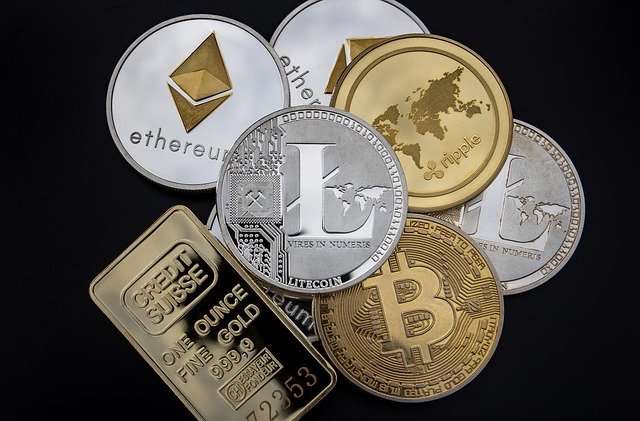
What Is a Digital Asset?
There are three terms "digital assets", "cryptocurrencies(coins)", and "tokens", which refer to different concepts in the crypto world, it's essential for us to understand the difference between them. Generally, a digital asset is an invisible asset(without physical shape) that is created, traded, and stored in a digital way. As for blockchain, digital assets include cryptocurrency (coins) and crypto tokens. They are all base on the technology of cryptography that assures security, eradicates the possibility of counterfeiting or double-spending.
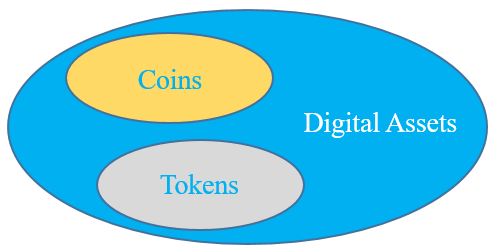
What Is a Coin?
Coins refer to any cryptocurrency that has a standalone, independent blockchain, which means they are native to their own blockchains, such as Bitcoin, Ethe, or Litecoin. They can be traded, utilized as a medium of exchange, used as a store of value, and a unit of account. These cryptocurrencies are created from scratch, including their own chain. Coins are issued directly by the blockchain protocol on which they run. Their own blockchain keeps the transaction records on distributing computers all around the world. The coins have limited functions, except exchange, a store of value, and a unit of account, which means they don't have other purposes than money.
Coins typically with following features :
- Decentralized, with no central issuing authority. Coins following some rules to manage issuance and transactions.
- Built on their native blockchain or other Distributed Ledger Technology.
- Cryptography technology is used to secure the underlying structure and network system.
Bitcoin, Bitcoin Cash, Ethereum, Litecoin, Cardano, NEO, etc. are the popular coins that we may see a lot on exchange.
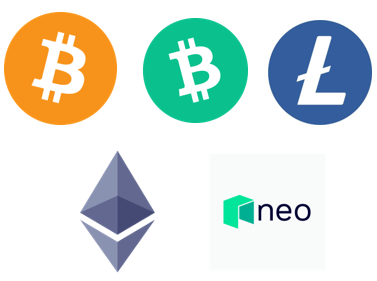
What Is a Token?
Tokens also called crypto tokens, are created on existing blockchains. As a matter of fact, a token is a "Digital Proof of Interest", a derivative of the primary blockchain. Tokens often share deep compatibility with the cryptocurrencies of that network, in spite of they are a wholly different digital asset class. Take Ethereum token, for example, thanks to the creation and facilitation of smart contracts, Ethereum is a new and open-source blockchain platform that allows anyone to build and use decentralized applications that could run with blockchain technology. Now many tokens are based on it to solve some problems in real life, such as smart contracts, cross-border payment and transfer, copyright, and so on, they are known as ERC-20 tokens. Furthermore, these tokens can access platform-specific services. However, there are other platforms, such as NEO, Waves, Lisk, and Stratis. Anybody can make their own custom token on one of these platforms.
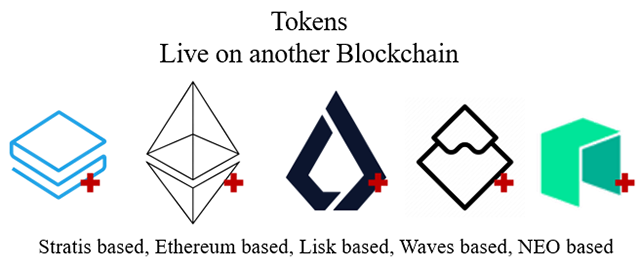
How Do Crypto Tokens Work?
The crypto tokens usually show as the transaction units on the blockchains that are created using the standard templates, for example, the Ethereum network that allows a user to create tokens. These blockchains work on the concept of smart contracts or decentralized applications(dApps), where the programmable, self-executing code is used to process and manage the various transactions that occur on the blockchain. If you are creating a token on the Ethereum network, you can decide how many units you want to make and where these new tokens will be sent when they are created. Then you will pay some of the ETH on the blockchain you are creating the token on at this point. Once created, tokens are often used to activate features of the application you were designed for. For example, certain kinds of tokens allow users to watch online videos or playing games. Some exchange has its own token created on Ethereum, such as Binance has created BNB, with the feature that people trade with BNB will enjoy fees discount. Some tokens are created for various purposes, even they can be used to represent a physical thing.
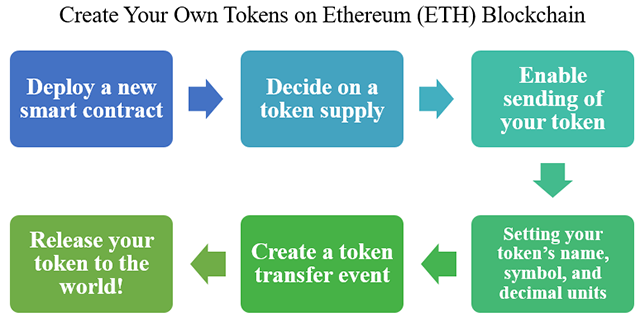
Coins VS Tokens: the Differences
The key differentiation between the two classes of a digital asset is that cryptocurrencies are the native asset of a blockchain, like BTC or ETH, whereas tokens are created as part of a platform that is built on an existing blockchain, like the many ERC-20 tokens that make up the Ethereum ecosystem. Coins with limited functions of payment just like dollars or euros, but tokens can represent tickets, points, contracts, certificates, securities, rights, qualifications, etc. So if we consider Bitcoin, Ethereum, and other coins as "basic financial products"--cash, tokens can be considered as "advance financial products"-- financial derivatives.
Comments
Post a Comment